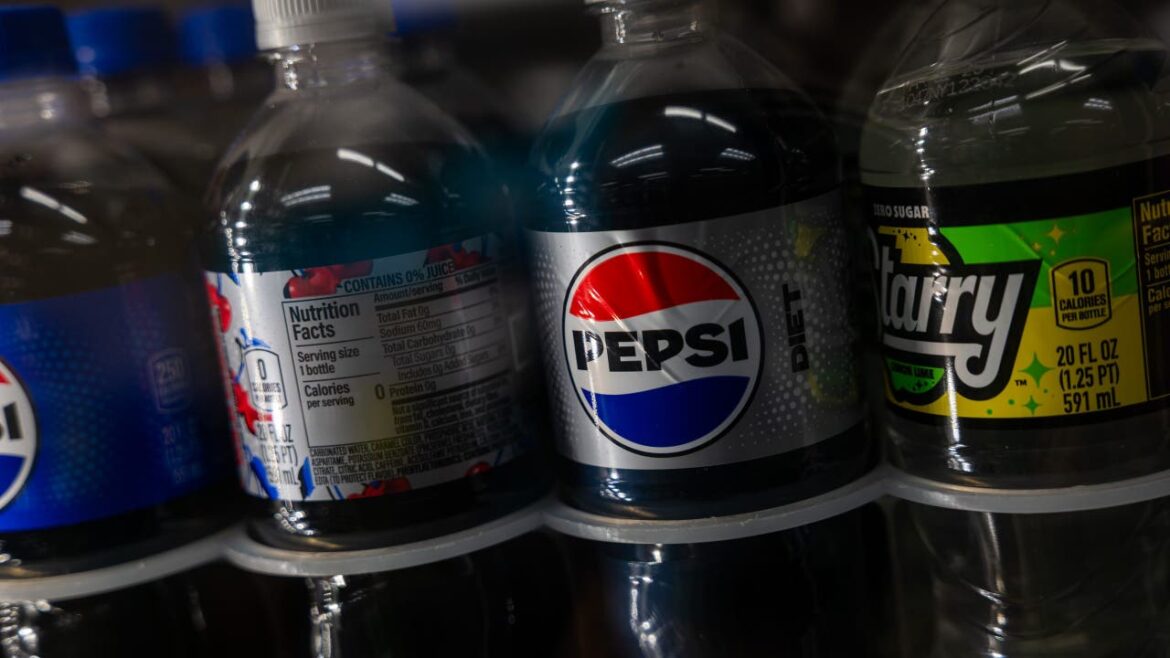RFK Jr. Proposes Changes to SNAP Benefits to Enhance Public Health
During a recent press conference in Martinsburg, West Virginia, Health Secretary Robert F. Kennedy Jr. outlined his ambitious “Make America Healthy Again” campaign, emphasizing the need for significant reforms in the Supplemental Nutrition Assistance Program (SNAP). Joining him at the event was West Virginia Governor Patrick Morrisey, who announced the state’s pioneering legislation to ban most artificial food dyes in schools.
Key Announcements
RFK Jr. emphasized that states could now choose to restrict the use of SNAP benefits for purchasing sugary drinks, such as sodas. “The goal is to eliminate taxpayer-funded purchases of soda and processed foods as part of this major health initiative,” he stated.
The governor underscored West Virginia’s groundbreaking move as the first state to prohibit foods with high levels of artificial dyes in educational institutions, a measure aimed at improving student health and nutrition.
Reasons Behind the Proposal
Kennedy’s initiative stems from concerns regarding the health implications of sugary drinks and unhealthy snacks on lower-income families. He urged state leaders nationwide to adopt similar bans, arguing that the current SNAP program, which allocates around $113 billion and assists approximately 42 million Americans, should not allow the purchase of unhealthy products.
“I commend the 24 states pushing MAHA bills to clean up our food system,” Kennedy stated on social media. “If there’s one thing we can agree on, it should be eliminating taxpayer-funded soda subsidies for lower income kids,” he added, welcoming additional governors to submit waivers to the USDA.
Legislative Developments
On the legislative front, discussions are ongoing in Congress and within various states regarding the restriction of SNAP benefits for the purchase of sodas, candy, and similar items. Republican Representative Josh Breechan of Oklahoma has introduced the Healthy SNAP Act, which aims to prevent taxpayers from indirectly subsidizing unhealthy food purchases, as he describes it.
“If someone wants to buy junk food on their own dime, that’s up to them,” Breechan remarked. “But we’re saying, ‘Don’t ask the taxpayer to pay for it.’”
Opposing Perspectives
However, not everyone agrees with this approach. Anti-hunger advocates have pointed out that studies show SNAP recipients tend to make similar food choices as other low-income individuals. Critics argue that limiting purchasing options may undermine the dignity and autonomy of those relying on these benefits. Gina Plata-Nino, a representative from the Food Research and Action Center, stated, “This is just another way to cut benefits.” She expressed concern about how such restrictions could further stigmatize vulnerable populations.
Historical Context and Future Considerations
Changing the allowed purchases in SNAP is not a straightforward process, as it is governed by the federal Food and Nutrition Act of 2008. This act permits SNAP benefits to be used primarily for food intended for human consumption, with few exceptions. Previous attempts to ban items like soda or junk food from SNAP have been routinely rejected, citing challenges in defining “healthy” and “unhealthy” food standards.
However, with Agriculture Secretary Brooke Rollins supportive of allowing states to implement waivers more flexibly, the legal landscape could be evolving. “Are taxpayers comfortable with their money being spent on unhealthy food for children in need? These are pressing questions we aim to address,” Rollins stated.
Conclusion: A Shift in Focus?
The ongoing discussions surrounding RFK Jr.’s campaign and the future of SNAP reflect a growing awareness and urgency related to public health. Advocates for healthier diets predict that this legislative momentum may lead to substantial changes aimed at improving diet quality among low-income families.
As advocates continue to highlight the importance of nutrition in the SNAP program, there is room for dialogue about how both political parties can collaborate to enhance the health of vulnerable populations across the nation.

